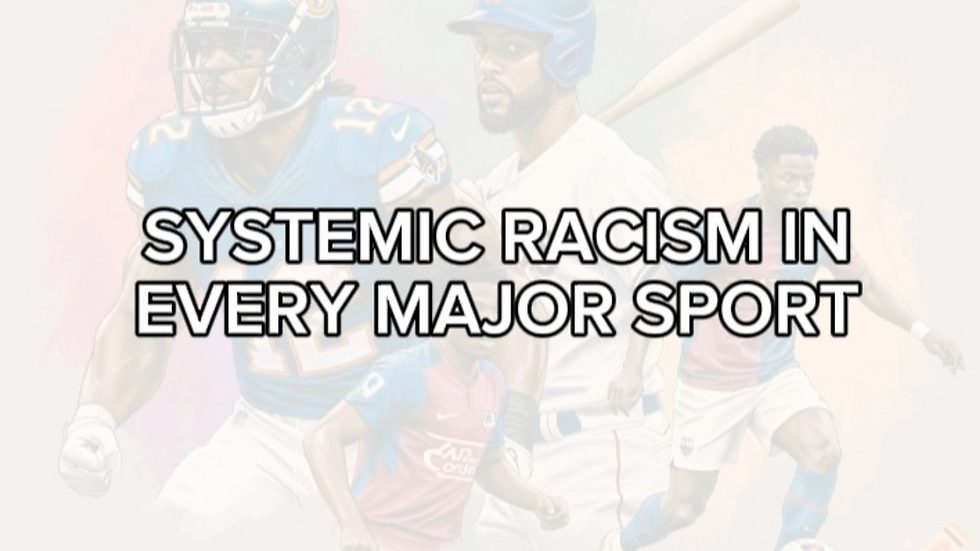Black Workers Still Earn Less than Their White Counterparts
- whytheracecardisplayed

- May 5, 2023
- 1 min read
Updated: Jun 28, 2023

Another defining feature of racial inequality in the labor market is the significant pay disparities between black and white workers. In 2019, the typical (median) black worker earned 24.4% less per hour than the typical white worker. This is an even larger wage gap than in 1979, when it was 16.4%.
Controlling for racial differences in education, experience, and the fact that black workers are more likely to live in lower-wage Southern states leaves an unexplained gap of 14.9% in 2019 (out of a total average gap of 26.5%).
This is up from an unexplained gap of 8.6% in 1979 (out of a total average gap of 17.3%). Any simple or rational explanation for this disparity is further complicated by the fact that racial wage gaps among men are significantly larger than among women. Source

.png)










Comments